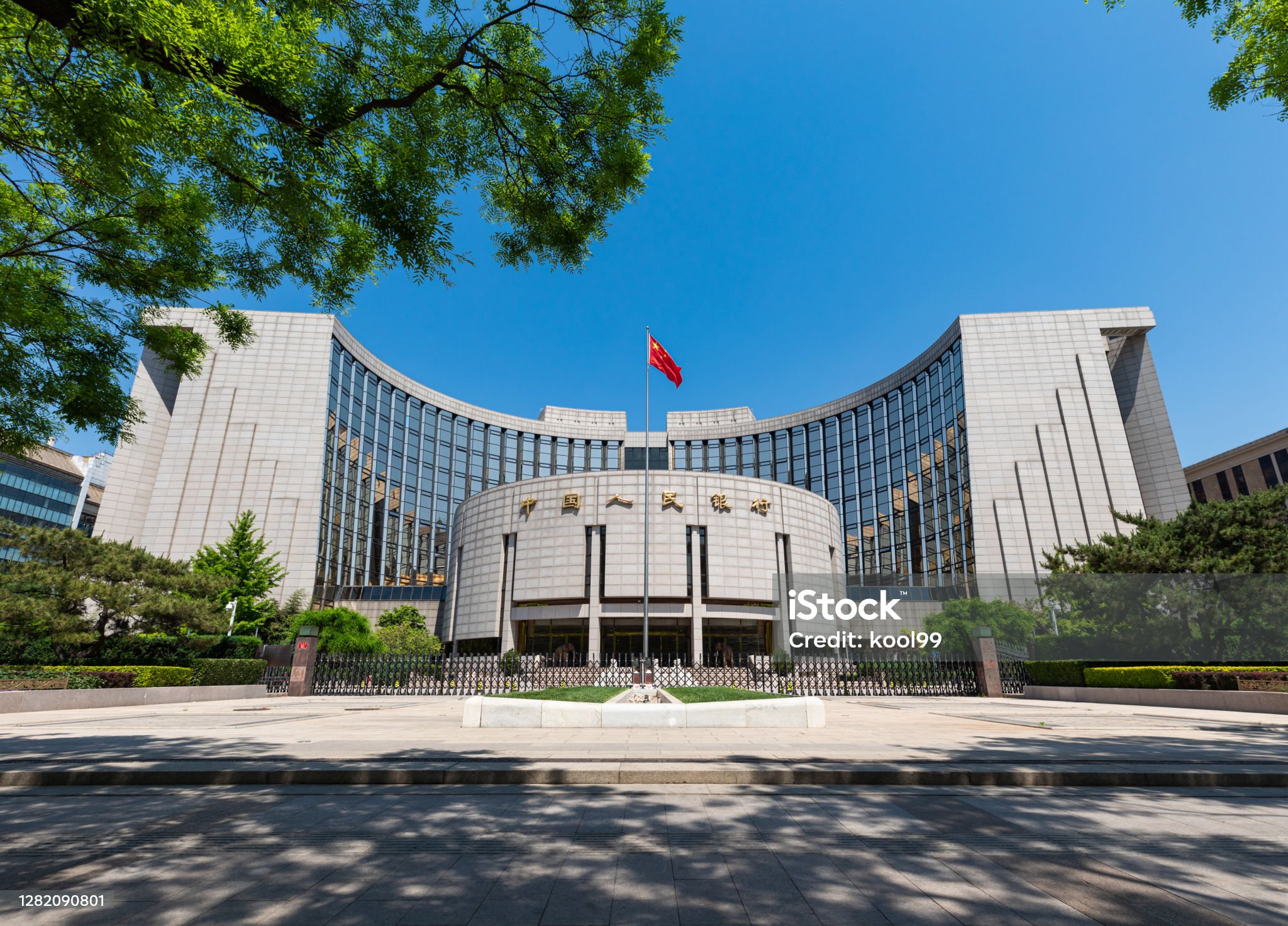Payoshi Bisht, Pune
The People’s Bank of China (PBOC) has recently taken measures to boost the monetary expansion alongside supporting the real estate market in a bid to stimulate the economy that is under pressure from deflation and the danger of not achieving the target growth of the country for the year 2024. Central Bank Governor Pan Gongsheng, appointed in 2023, expressed his views widely on the subject in the company of other officials from two other financial regulatory institutions. He gave a press briefing and explained the measures to be taken to counter the situation regarding the country’s economic outlook.
The bank will lower the Reserve Requirement Ratio (RRR) for banks by 50 basis points to make room for more loans. A reduction in the seven-day Repo Rate by 0.2 % to 1.5% will also be done by the central bank. More cuts on deposit and lending interest rates are likely to follow as part of the policy.
Pan announced that there would be a cut of approximately 0.5 percentage points in the interest rates for the existing mortgages. This step however can bring worries about the profitability of the banks since the earnings from the loans would be lower, hence impacting the earnings of the banks.
Pan did not indicate when these measures would start being implemented. Nonetheless, these policies are starting to become overdue given the growth recovery of the second quarter that was slower than anticipated due to the ongoing property slump and rising fears of job losses among consumers. Economic data at the beginning of August has somewhat disappointed markets, increasing the urgency for a timely economic policy response.
With growth estimates being cut for the China economy, even the likes of investment banks such as Goldman Sachs, Nomura, UBS and Bank of America have slashed their forecasts. Despite the State planning approximately around 5 growth for the year 2024, most analysts tend to think that this objective has already become quite a task.
“It is possible that the initiative is coming a bit too late, however as the saying goes – better late than never,” mentioned Gary Ng who works as a senior economist at Natixis.
China is looking to facilitate a lower interest rates regime in order to boost confidence and encourage growth, which is still facing headwinds from the distressed property market and the high levels of core inflation, even with more monetary easing expected to be implemented later in the year, including what could be another reduction of the reverse repo rate.
